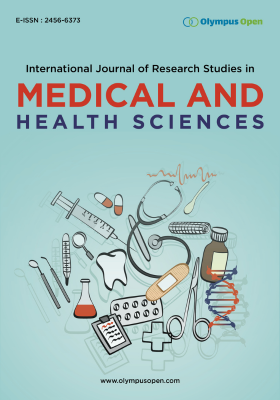The Effectiveness of Social-Emotional Learning (SEL) Programs on Adolescents’ Mental Well-Being: A Systematic Review
DOI:
https://doi.org/10.62557/2456-6373.090101Abstract
Adolescent mental health has become a growing concern, with the prevalence of mental health disorders among adolescents rising over the past two decades. In response, Social and Emotional Learning (SEL) emerged as a key educational framework aimed at helping students understand emotions, develop empathy, and make responsible decisions. This systematic review examines the effectiveness of SEL programs on adolescents’ mental health. Although SEL interventions vary widely in design, the review specifically focuses on studies that incorporate the five core competencies categorized by the Collaborative for Academic, Social, and Emotional Learning (CASEL). After screening two electronic databases, five relevant studies were selected for analysis. The findings indicate that SEL programs improve various aspects of adolescent mental health, including emotion regulation, reduced acceptance of violence, and increased happiness. However, the results also suggest SEL interventions must adopt a transformative approach tailored to the recipients' needs and educational contexts in order to maximize their effectiveness. These findings highlight the importance of implementing SEL instruction nationwide through state-level legislation to ensure consistent adoption across school districts.
Downloads
Downloads
Published
Issue
Section
License
Copyright (c) 2025 Author(s)

This work is licensed under a Creative Commons Attribution-NonCommercial 4.0 International License.







